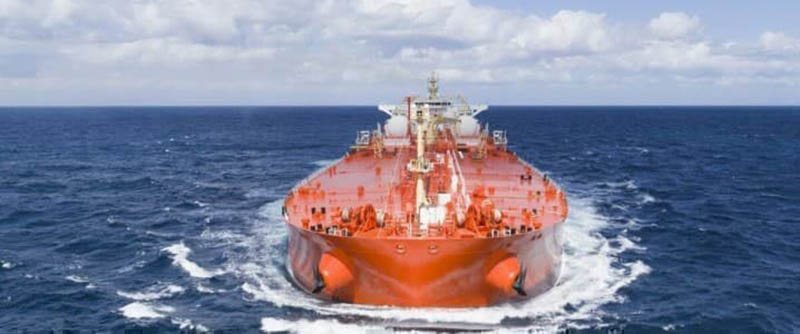Seemingly seriously affected by an intensifying ban by western nations on Russian imports arising out of protests against Moscow’s invasion of Ukraine, Russia-owned tankers have reportedly been reduced to lying idle at sea, hostages to events in the conflict zone and the ongoing diplomatic and political din associated with, hopefully, ending the conflict.
Setting aside the wall of political and moral support from the west and further afield over the Russian military hostilities against Ukraine, countries along the European and North American coasts have been frowning on attempts by Russian oil tankers and other vessels to dock at their ports, pointedly refusing to engage them in the matter of the unloading of Russian crude.
A week ago, various news sources were reporting on the presence of a number of Russian state-owned vessels lying idle around North America, their attention presumably focused on both the conflict in Ukraine as well as on the diplomatic efforts aimed at bringing the hostilities to an end.
While a typical idle time for a tanker is said to be “a day or two,” international news sources have been garnering information from ship-tracking data pointing to Russian tankers lying idle at sea, often for periods in excess of a week.
Canada and the United Kingdom were reportedly among the earliest countries in the west to ban Russian ships from their ports. On March 1, Canada reportedly prohibited Russian ships and fishing vessels from entering Canadian ports and internal waters. On the same day the United Kingdom imposed its own ban on vessels owned or operated by anyone connected to Russia. Much of the west, it seems, have now vested their maritime authorities with new powers to detain transgressing Russian vessels.
In the instance of Canada there have been reports of two Russian-owned oil tankers being re-routed from their destinations in that country.
In the United Kingdom port workers at a terminal from where oil is pumped to a nearby refinery were reportedly directed not to unload Russian oil from a Germany-flagged ship.
The prognosis is that as the hostilities inside Ukraine intensify, hardening anti-Russian sentiment, the situation could become much worse for the delivery of Russian cargo as other countries apply their own sanctions in an effort to end the hostilities in Ukraine.








